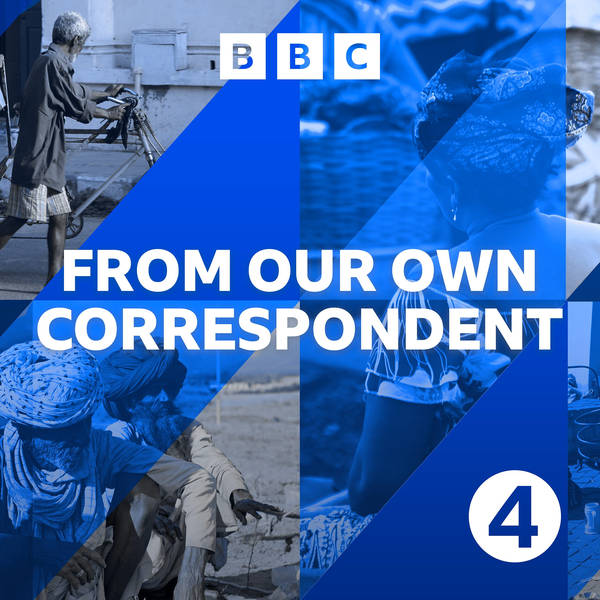
What do Russians think of the war in Ukraine?
What do Russians make of their country’s invasion of Ukraine? It is no easy matter to conduct opinion polls in Russia at the best of times, sampling views from St Petersburg to Siberia. Right now though, Russian people are not free to express their opinions anyway, with a new law in place making it a criminal offence to say anything about the Ukraine conflict which the authorities consider untrue. Jenny Hill is in Moscow, and has been keeping her ear to the ground.
Globalisation, the extraordinary interconnectedness of modern life, means that the events in Ukraine are having profound effects in places far from any battle. Kenya, for example, has already been suffering from drought, but this has now been exacerbated by Russia’s invasion: because Ukrainian farmers have been kept from their fields, global food prices have risen. Ben Henderson recently travelled to Kenya’s far north, and found what looks like a major crisis in the making.
2018 saw South Korea hold a successful Winter Olympics, in which North Korean athletes were also allowed to take part. Later that year, the then US President, Donald Trump met with North Korea’s leader, Kim Jong Un, and attempted to tone down hostilities. Watching these events was the BBC’s newly arrived South Korea correspondent, Laura Bicker. Four years later, she is now leaving her post, at a time when relations between South and North are far worse. Yet Laura insists that she is leaving with some sense of optimism.
Sports figures famously have short careers, with even the biggest stars having to reinvent themselves in mid-life. Few though have managed it quite so successfully as Imran Khan: already one of Pakistan’s greatest ever cricketing heroes, he ended up becoming Prime Minister. However, the world of politics can be as unforgiving as any sport, and this week, Prime Minister Khan was ousted in a Parliamentary vote of no confidence. Secunder Kermani has been following his dramatic fall from favour.
Life has not been much fun for performers during the various phases of Covid lockdown, with actors, dancers and even stand-up comedians facing closed down venues. Musicians had a particularly hard time of it, certainly those accustomed to playing before sweaty crowds keen on dancing, something very much forbidden for much of the time. So when the Belgian rock band, Demisec, were offered a gig, they jumped at the chance. The bassist and BBC cameraman Maarten Lernout did not mind that they were being asked to play in a local prison.
